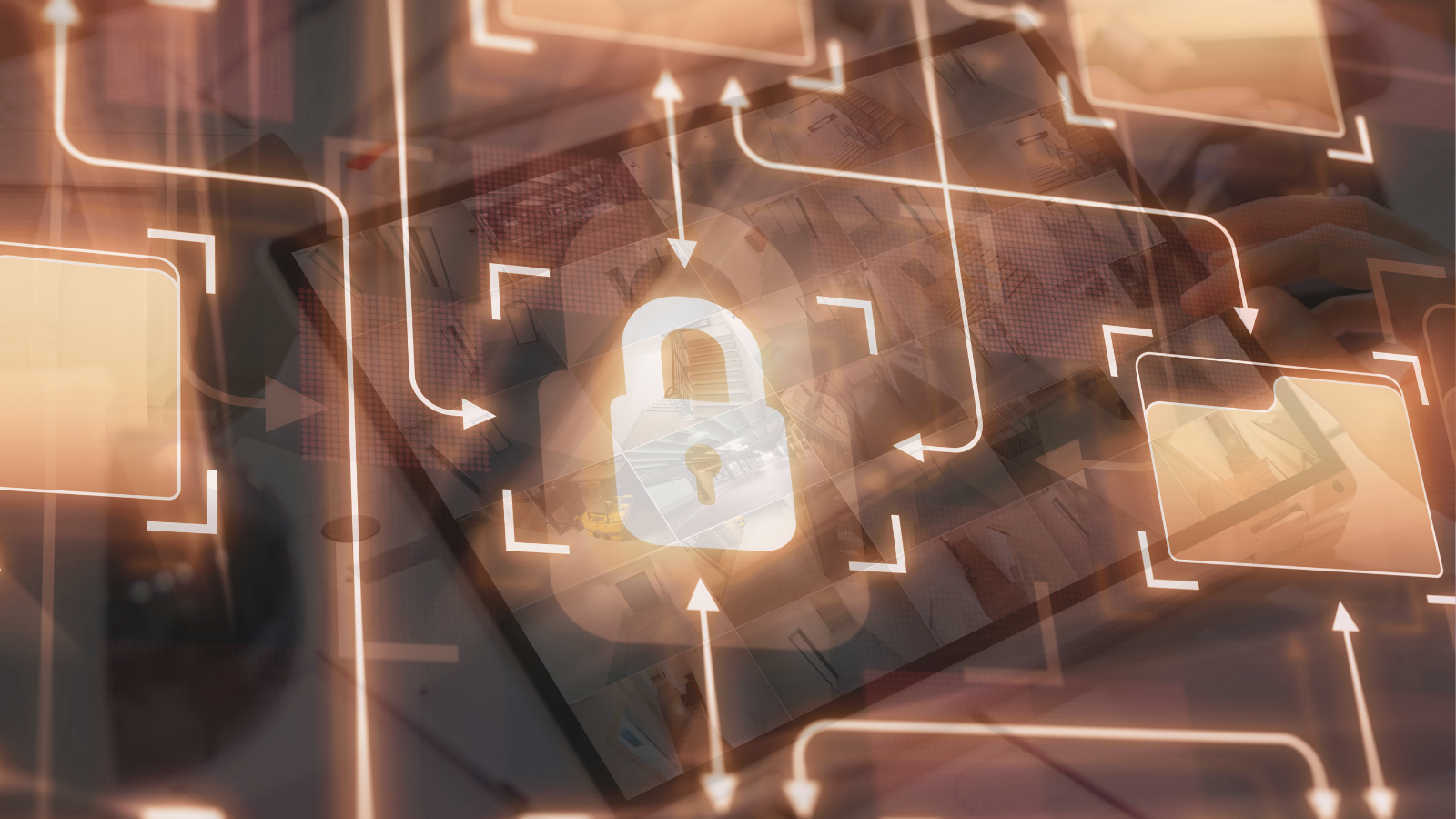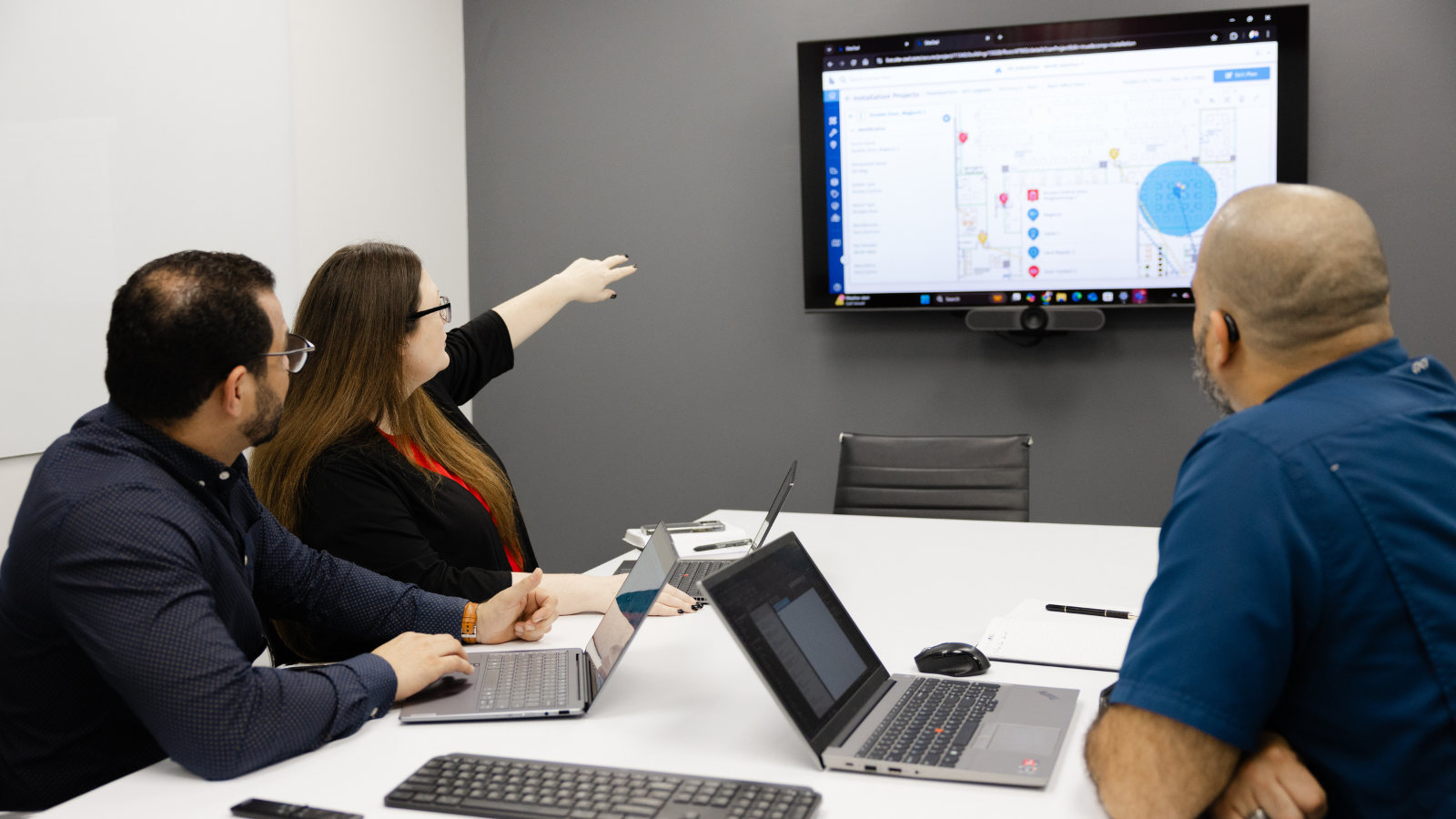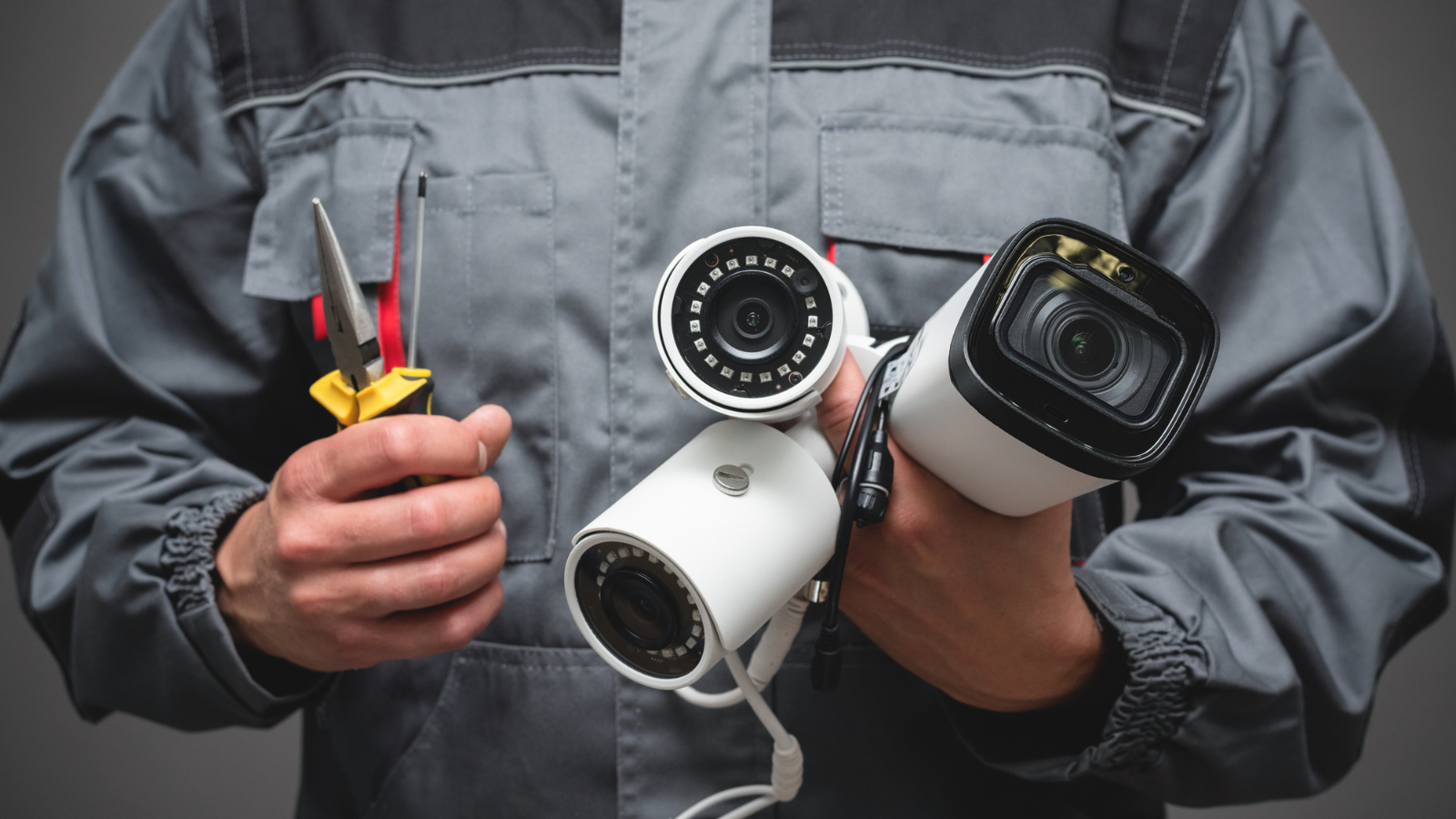The retail industry is undergoing swift changes, bringing new challenges for security leaders as we look into 2024 and beyond. The National Retail Federation’s Survey highlights that in 2023, retail crime, violence, and theft remain significant issues. Without a substantial shift in the retail sector’s security approach, the situation is expected to worsen.
Fortunately, the digital transformation of retail security is well underway and will continue to drive innovation in the coming years. From the use of artificial intelligence (AI) to improve security operations to the increasing use of
video analytics to prevent and deter theft, the industry is making strides in the right direction.
In this article, we’ll share five key trends driving the shift from traditional physical security to a digital approach.
Let’s dive in.
Table of Contents
- Artificial Intelligence (AI) to Enhance Security Operations
- Internet of Things (IoT) devices and sensors to automate physical security
- Cloud-based security management platforms to improve security operations
- Mobile security applications to enhance situational awareness
- Data-driven tools to manage the lifecycle of physical security assets
1. Artificial Intelligence (AI) to Enhance Security Operations
Retail physical security is evolving to include artificial intelligence (AI) on the frontlines. In the first five months of 2023, theft incidents at prominent stores surged by nearly 120%. In response, loss prevention teams turned to
AI-powered sensors and video analytics to prevent and deter shoplifting theft while providing precise insights to security teams.
AI-enabled video analytics offer significant value to enterprises. A 2020 report by the Security Industry Association found that
62% of security professionals believe that AI is the most critical technology for the future
of video surveillance.
In 2023, we’ll see even more video surveillance innovation, including the ability to analyze data and draw out
insights far more quickly than would ever be possible manually and high-resolution cameras that can observe and analyze a wider-than-ever field of view.
2. Internet of Things (IoT) devices and sensors to automate physical security
IoT devices are at the heart of the retail physical security transformation. From digital locks to RFID readers to digital video cameras, the retail industry is embracing the power of sensors to automate physical security.
In the retail sector, IoT-driven cameras monitor store activity, aiding in identifying shoplifters, tracking high-value assets, and post-incident investigations. Some popular types of sensors for the retail industry.
- People counting sensors to help retailers assess traffic, trends, and footfall in their stores.
- Proximity sensors to detect when a person enters a store and when they leave.
- Pressure sensors to detect when a shelf is empty and needs to be restocked.
- Smoke sensors to detect fire and trigger fire alarms.
- Motion detection sensors to detect intruders and trigger an alarm.
IoT technology boosts retail security efficiency, but without a strong lifecycle plan covering inventory and preventive maintenance, these advantages may fade. In
2024, retail security leaders will likely harness cloud-based platforms to bolster security and streamline preventive maintenance.
3. Cloud-based security management platforms to improve security operations
Cloud-based security management platforms are gaining popularity as they offer centralized control over physical security systems, enabling retailers to remotely manage access control, video surveillance, and alarm systems from a single interface.
SiteOwl is a cloud-based platform that helps organizations manage security systems from a single interface. The platform provides centralized control over the entire lifecycle of physical security systems and helps retailers streamline preventive maintenance without the need for complex spreadsheets.
In 2024, expect increased adoption of cloud-based security management platforms in retail for streamlined security operations and proactive management. The payoff is significant, as automated maintenance can yield cost savings between 8% to 12% over preventive maintenance and up to 40% over-reactive maintenance.
4. Mobile security applications to enhance situational awareness
Mobile security applications empower retail employees to play a more active role in security management. These apps allow employees to report incidents, request assistance, and access security information from their mobile devices, improving communication and response times.
Here are some specific examples of how mobile security applications are being used to empower retail employees to play a more active role in security management:
- Incident reporting: Employees can use mobile security applications to report a wide range of security incidents, such as shoplifting, theft of inventory, and unauthorized access to restricted areas.
- Access control: Employees can use mobile security applications to unlock doors, access sensitive information, and control security systems.
- Video surveillance: Employees can use mobile security applications to view live video feeds from security cameras and to report suspicious activity.
All of these applications can be used to improve communication and response times, which translates into a safer and more secure retail environment.
5. Data-driven tools to manage the lifecycle of physical security assets
Retailers are turning to data analytics to make better decisions about managing their physical security systems. With actionable data at their fingertips, retailers can determine how to improve the efficiency and effectiveness of their security programs without having to rely on manual processes.
The following are just a few of the ways retailers are using data analytics to improve their physical security:
- Centralized System of Record: Access to a centralized system with auditing, warranty, and service history data informs decisions on the lifecycle of security assets.
- System Performance Visibility: Ensuring security system performance and functionality through data analytics.
- Standardized Practices: Implementing consistent and scalable security procedures to reduce costs and streamline operations.
With SiteOwl, retail security teams can leverage the power of the cloud to streamline preventive maintenance and security operations. Moreover, the platform empowers retailers to get a holistic view of their security systems and operations with real-time data from the field.
Digitally transform your security infrastructure
In 2024, retailers that leverage cloud-based platforms will be better equipped to protect their assets and associates against evolving security threats. The industry is making significant progress, from AI-enhanced security operations
to the widespread adoption of video analytics to prevent theft.
To seamlessly integrate these digital innovations into your physical security strategy, consider leveraging SiteOwl, the leading platform designed to empower security professionals. SiteOwl streamlines the management of physical
security assets and provides invaluable insights to enhance your security program.

Su Subburaj
Su is SiteOwl's CMO and leads all marketing and communications. Su has extensive strategy and management consulting experience and previously consulted for 3Sixty Integrated where she gained an in-depth understanding of digital transformation challenges in the physical security industry. When not working on strategies to expand SiteOwl's footprint, Su enjoys bad karaoke, weightlifting and traveling.









